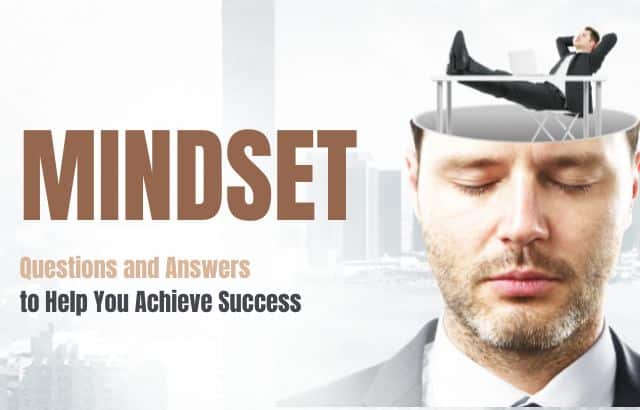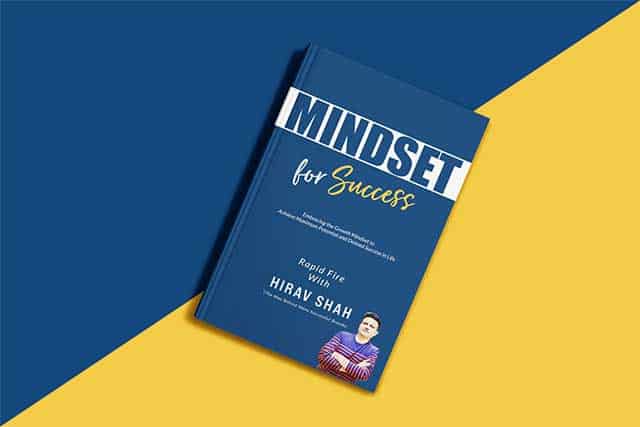Table of Contents
How is mindset created?
Mindset is a product of our beliefs, experiences, and habits. It is shaped by a combination of external factors such as social interactions, cultural norms, and personal experiences. Our mindset can be influenced by our upbringing, education, and the people we surround ourselves with. Over time, our mindset can become deeply ingrained and may require significant effort to change.
What is mindset theory?
The mindset theory proposes that our beliefs about ourselves and our abilities shape our behavior and performance. According to this theory, there are two primary mindsets: a fixed mindset and a growth mindset. A fixed mindset assumes that abilities and traits are predetermined and cannot be changed, while a growth mindset believes that abilities can be developed and improved through effort and practice.
What is a poor mindset?
A poor mindset is a negative way of thinking that can limit an individual’s potential for growth and success. It may involve a fixed mindset where the individual believes that their abilities and traits are predetermined and cannot be changed. A poor mindset can also involve negative self-talk and a lack of confidence in one’s abilities.
What is the difference between thinking and mindset?
Thinking refers to the mental processes of perception, reasoning, and judgment. Mindset, on the other hand, refers to the set of beliefs and attitudes that shape our thinking and behavior. While thinking is a specific cognitive process, mindset is a broader concept that encompasses our beliefs and attitudes about ourselves and the world around us.
Is mindset an attitude?
Yes, mindset can be considered an attitude as it involves a set of beliefs and attitudes that shape our behavior and approach to life. Mindset can also be seen as a mental framework that influences how we perceive and respond to different situations.
What is brain mindset?
The term “brain mindset” is not a commonly used phrase, but it could refer to the neurological processes involved in shaping and changing one’s mindset. Research has shown that the brain is capable of neuroplasticity, which means that it can change and adapt over time in response to new experiences and information. Therefore, the brain plays a critical role in the formation and transformation of our mindset.
Does mindset affect intelligence?
Yes, mindset can affect intelligence. According to the mindset theory, individuals with a growth mindset tend to view intelligence as something that can be developed through effort and persistence, while those with a fixed mindset believe that intelligence is fixed and cannot be changed. This can influence how individuals approach learning and problem-solving and may impact their ability to improve their intelligence.
Is mindset a skill?
Mindset is not a skill in the traditional sense of the word, but it can be developed and strengthened through intentional effort and practice. Developing a growth mindset, for example, may involve changing negative self-talk, adopting a more optimistic outlook, and focusing on the process of learning rather than just the outcome.
Can overthinking increase IQ?
There is no evidence to suggest that overthinking can increase IQ. While deep and analytical thinking can be beneficial for problem-solving and critical thinking, overthinking can lead to negative thought patterns and may cause stress and anxiety, which can actually impair cognitive function. IQ is largely determined by genetic factors, but it can also be influenced by environmental factors such as education and experience.
Take this quiz to assess your understanding of the fundamental mindset required for thriving in the business world. Explore a set of thought-provoking questions and answers that cover the key aspects of entrepreneurship, resilience, strategic thinking, innovation, and more.































